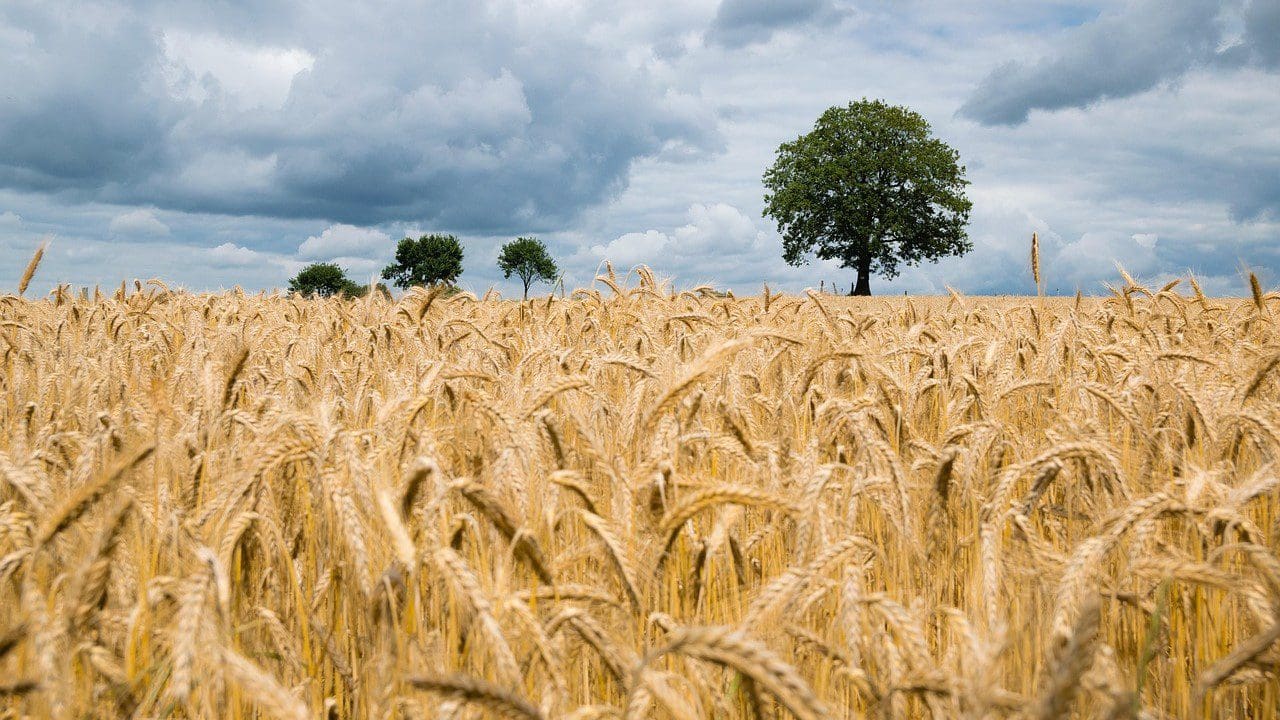The European Commission announced last night that it would not extend a ban on Ukrainian grain imports that expired on Friday, 15 September at midnight. According to EU Trade Commissioner Valdis Dombrovskis, there are no longer market distortions in the five member states where the ban was in force, stressing that ‘These are exceptional safeguards, not something that should be there for [an] unlimited period.’
The Hungarian government reacted immediately, with a government decree published just after the EC announcement in the Hungarian Gazette that prohibits the import of 24 agricultural products from Ukraine as of today, 16 September, including:
- beef, pork, mutton, goat meat and poultry
- eggs
- honey
- vegetables
- wheat
- rye
- barley
- corn
- buckwheat
- wheat flour
- grain-based flours
- grain
- oilseed rape, rapeseed
- sunflower-seed
- crisp bread
The Polish government was the first to announce after the Brussels decision that they would extend the ban and add more products to the list of prohibited imports, and Slovakia also followed suit.
(Sources: MTI/Reuters/Mandiner.hu/Hungarian Conservative)
Hungarian Minister of Agriculture István Nagy announced on Thursday, 14 September on cable news television HírTV that Hungary will ban the importing of grain as as well as 24 additional types of agricultural goods from Ukraine.
In the interview Nagy reiterated what he had highlighted after his meetings with his Central European counterparts earlier this week, namely that the Hungarian government is committed to supporting Hungarian farmers, and to prolonging the ban on Ukrainian grain that is expiring on 15 September.
He, however, also added this time that Hungary will not only keep Ukrainian grain out of Hungary, but also 24 other types of agricultural products.
Nagy again reassured Hungarian farmers that they can always count on the government. He also added that just because the European Union does not act, countries like Hungary cannot be paralyzed, and must take action on their own.
‘Products are created there in a different system of production, and with different laws, without observing any regulations. Then they are exported to European markets, without any tariffs or any regulations. They create an impossible situation for European farmers and producers,’ the minister stressed.
Yesterday, on 13 September, Warsaw was the first to announce that they are banning the imports of Ukrainian grain, not waiting for the EU to act. The Polish government cited the need to protect Polish farmers as the reason for the decision that is likely to anger both Kyiv and Brussels.
Read more:
Sources: MTI/Hungarian Conservative/Mandiner








